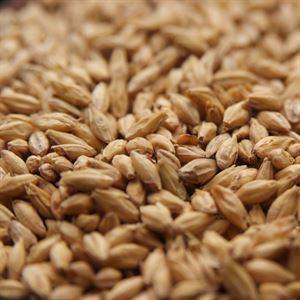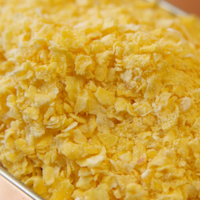Mashing: cereal vs. malt

The first step in producing spirit from cereal grains is mashing. Style, equipment and tradition may influence the choice of process, but the raw materials themselves will be the biggest factor. The distiller must make the right decision based on the ingredients.
The starches of cereal grains are located inside the cells and bound in a complex of proteins. The malting process begins the work of liberating and reducing these starches as well as activating the amylolytic enzymes which, in the mash, will produce simple sugar molecules assimilable by yeast.
A 100% malt mash is relatively straightforward – mill the grist and mash with the appropriate amount of water at the desired temperature and wait for complete conversion. Additions of salts, pH adjustments, or other water treatments may be helpful depending on water chemistry. Malted grain – whether barley, wheat, or other – will supply ample enzymes for conversion in this environment (although, where allowed or desired, the use of exogenous enzymes can increase alcohol yield).

By definition, unmalted grains have not undergone malting– they are a less expensive source of starch than malt, but are also devoid of enzymatic power. When working with raw grains or partially-gelatinized flakes it’s necessary to incorporate a fraction of high-enzyme malt, exogenous non-malt enzymes, or a combination in order to achieve conversion. A more intensive mash regimen may also be required.
Sample cereal mash steps
- Mill all raw/flaked grains with 20% of malt from mashbill
- Mash in and hold at gelatinization temp (see below)
- Raise mash temp to gentle boil, cook approx. 20-30’ or until the mash has reached a thick, porridge-like consistency
- Cool cereal mash and add to main mash with remainder of malt at amylolytic conversion temp
Gelatinization temps for commonly-used unmalted grains:
- Barley: 140-150°F (60-65°C)
- Wheat: 136-147°F (58-64°C)
- Rye: 135-158°F (57-70°C)
- Oats: 127-138°F (53-59°C)
- Corn (Maize): 143-165°F (62-74°C)
- Rice: 154-172°F (68-78°C)
If you have any questions about this or other distilling processes or topics, please contact us.